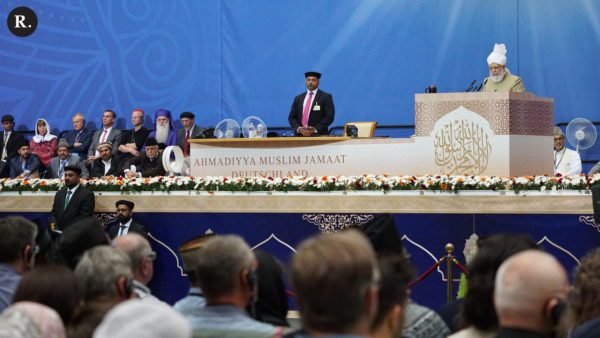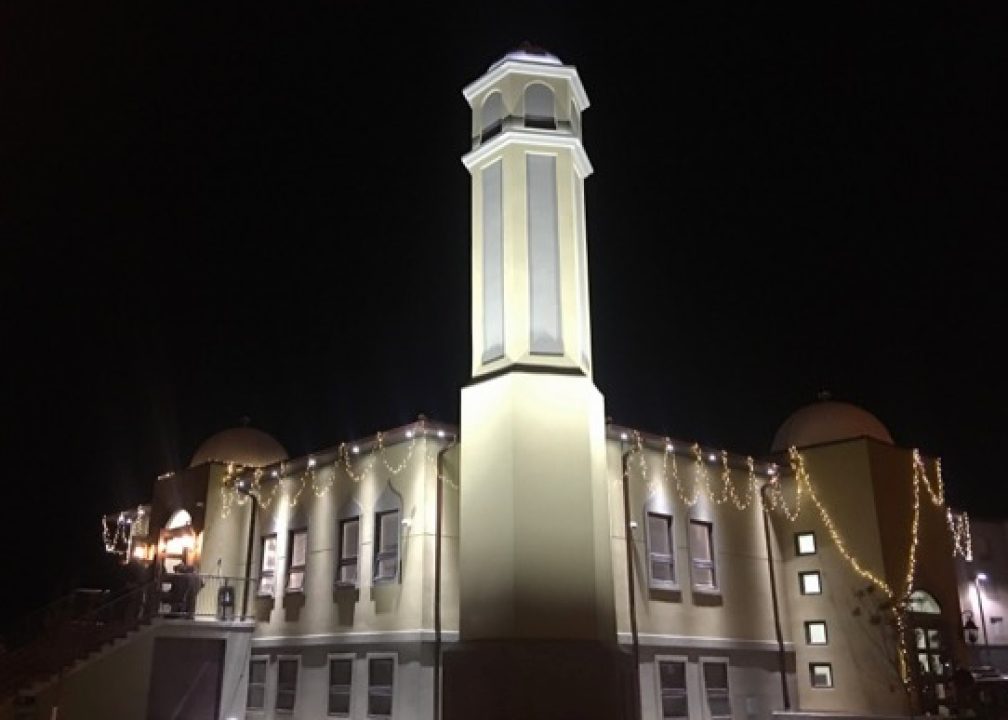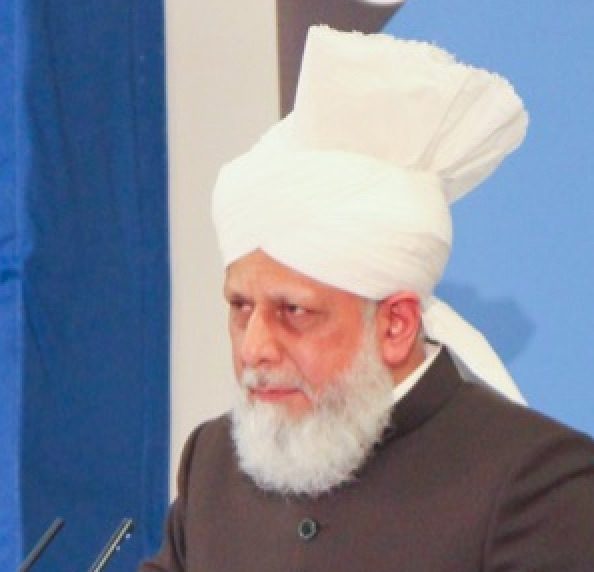The Worldwide Web of Extremism
In Britain Miss Roshonara Choudhry was recently sentenced to life imprisonment for the attempted murder of MP Stephen Timms. The attacker is reported to have been motivated by Mr Timms’ support for the Iraq war and inspired by the Al-Qaeda preachers of hate who had set their stall on YouTube promising heaven above for those creating hell on earth. Thankfully Mr Timms has made a full recovery and not only has the perpetrator been brought to book, but equally importantly the sermons of Anwar Al-Awlaki (a Yemen based preacher) have also been removed from YouTube so that others are not harmed by their venom.
It was a small but nonetheless important victory that sent a clear signal that preachers of hate should have no place in our world. Sadly, however, such mullahs are a dime a dozen. In Pakistan, where Al-Qaeda and other such extremist groups have a stronghold, the number of madrassas has rocketed1 – partly due to the deplorable lack of state run education and partly due to the influx of foreign money available to fund such institutions2. It must be said that not all madrassas are of this mischievous ilk for many are genuinely playing their small and spirited part in responding to a lamentable need for the provision of education. However, they are vastly outnumbered by their extremist counterparts that are in essence no more than fatwa factories that turn innocent children into brainwashed fanatics. A harsh description? Perhaps, but the grim reality in Pakistan is harsher still, as it was these very soldiers of doom that killed 86 worshippers in the two Ahmadi mosques in Lahore in May 2010 and blew up 42 people at the Data Durbar shrine in Lahore in July 2010. It is this same ideology that fuelled violence against Christians in Gojra in July 2009, killing eight and just last month inspired the murder of Salman Taseer, the Governor of Punjab, for his cursory remarks on the blasphemy law. Pakistan, a country founded on a vision of secular peace3, is being torn apart by violence in the name of religion.
Of course, whilst the entire blame for what seems to be an endless turmoil does not lie with Pakistan alone, it cannot by any stretch of the imagination absolve itself of blame either. With its government steeped in corruption4 and statute books guilty of sanctioning persecution and discrimination5, its oft-repeated political assurances in the wake of relentless violence mean little to those killed as a consequence of its legislative acts. If anything with the murder of Salman Taseer things have got worse, for it is now becoming almost impossible to make any public statement even remotely critical of these draconian laws (or for that matter its self-appointed enforcers), without facing violent reprisals. This religious genocide is further exacerbated by the colossal divide between its rich and poor that provides more fuel for its extremist fires. Indeed the pillaging of its wealth by the elite few is itself nothing short of financial genocide when one considers the impact on the nation for generations to come. So dire are its state of affairs that its survival as a country seems to be becoming increasingly untenable. One hears that in the face of such adversity people often turn to their faith for solace and hope, but so bleak is life for the average citizen that even in such moments of privation, Pakistan’s wretched ‘ulema – the Muslim religious scholars – lurk in the shadows with daggers drawn.
The Holy Founder of Islam(saw) himself prophesied that a period would come when the worst of creation would be none other than the ‘ulemas. What a shock it must have been to those blessed Companions of the time to hear such words, yet how true they ring now. By their own admission the perpetrators of hate have described their co-religionists in these very words and yet the madness raves on. Not satisfied with spewing their hatred just from the pulpits, the advent of satellite television and the internet has provided new means of outreach, enabling them to pollute the airwaves too with their bile. Their world wide web of extremism is expanding and evolving fast by capitalising on new technologies that enable them to strike with the byte and bullet in equal measure. Indeed, the attack on Stephen Timms has shown yet again that in our globalised world a village idiot in a distant land can cause real damage closer to home.
1400 years ago the Holy Prophet(saw) instructed his followers to help the oppressors and the oppressed6. He explained that as well as assisting the persecuted, Muslims had a responsibility to restrain the hand of the oppressor. For the sake of Pakistan and the wider world now is the time for Muslims to heed the words of wisdom of their holy founder(saw) to give peace a chance and to give humanity a future.
Endnotes
1. A BBC report noted that there were less than 200 madrassas in Pakistan at the time of partition in 1947, but this had increased to more than 20,000 by 2005. See https://news.bbc.co.uk/1/hi/world/south_asia/4683073.stm (last accessed 15 January 2011). Other estimates put the total as high as 40,000 see The Economist 6/7/2006 https://www.economist.com/node/7107884 (last accessed 15 Jan 2011).
2. The prevalence of Wahabbi ideology in such institutions suggests significant funding from Saudi Arabia. This derives from the wave of funds that were used to finance and support the Afghan resistance against the Soviets in the 1980s. Although prominent, Wahabbi ideology is not universal in Pakistan’s madrassas.
3. In his 11 August 1947 speech to the Constituent Assembly, Mohammad Ali Jinnah, the founder of Pakistan, said, “You are free to go to your temple; you are free to go to your mosques or to any other place of worship in this state of Pakistan. You may belong to any caste or creed – that has nothing to do with the business of the state”
4. Pakistan ranks 143 out of 178 countries reviewed by Transparency International in its 2010 corruption perception index, scoring a mere 2.3 out of 10, where 0 represents ‘highly corrupt’. See https://www.transparency.org/policy_research/surveys_indices/cpi/2010/results (last accessed 2 Jan 2011)
5. Sections 295 and 298 of Pakistan’s Penal Code set out the details of its ‘Blasphemy Laws’ that have provided effective legal sanction for violence under the pretence of blasphemy.
6. ‘Help your brother whether he is an oppressor or an oppressed one.’ (Hadith, Ch.45 Al-Mazalim, Sahih Bukhari)




Add Comment